Recently a group of sixty Fund for Teachers Fellows gathered in New Haven, CT, to consider how one’s environment impacts learning. Led by Laura Pirie, lecturer at Yale School of Architecture and principal of Pirie Associates Architects, teachers thought expansively and creatively about ideal learning modes and new learning places that could emerge to suit these ideals.
 The keynote “Transformative Engagement: Transformative Environments” considered how we make places — not with technical skills, but with intentionality. Pirie then led group brainstorming around shifting classroom spaces in order to achieve teaching goals.
The keynote “Transformative Engagement: Transformative Environments” considered how we make places — not with technical skills, but with intentionality. Pirie then led group brainstorming around shifting classroom spaces in order to achieve teaching goals.
“We are all unique people with personal experiences, interests, and passions, and the idea here was for us to use that uniqueness to create transformative experiences for our learners,” said Marina Outwater, 2016 Fellow. “So, for example, I love to quilt, and I found a way to bring this into the classroom as we designed a story quilt to tell the story of a National Geographic Explorer’s work in Peru.”
Graduate students from the Yale School of Architecture inspired additional thoughts with a guided tour of Randolph Hall.
- FFT executive director Karen Eckhoff collaborates with Fellows.
- Groups were organized around ages of students taught.
“We cannot be complacent, we cannot be stuck in our routines, we cannot just go through the motions of the day in the rooms we are given with the materials we are given without having some control and ability to change things, said Outwater. “We need a purpose, and this event allowed me to see that transformation is that purpose. While the day was ostensibly about transforming spaces and architecture, it was really about so much more than that.”
How can you reconsider your classroom? Use these keys of architectural designs Pirie provided our Fellows to create your ideal learning spaces…
This convening is the result of Fellows’ request for more “face time” with each other that inspires communication, conversation and reflection.
“Our Fellows are moving away from teaching strategies of previous generations and are looking toward the future by teaching from the lens of people sitting in front of them,” said program officer Dale Bernadoni. “This convening supported that and also Fund for Teachers’ larger mission of The Ramsden Project — to extend thought-provoking professional development beyond the fellowship experience.”
“It’s nice to have a network and not just feel like there’s a fellowship in your past that has ended, but that it’s a living thin that continues a conversation.” – Saul Fussiner, 2017 FFT Fellow
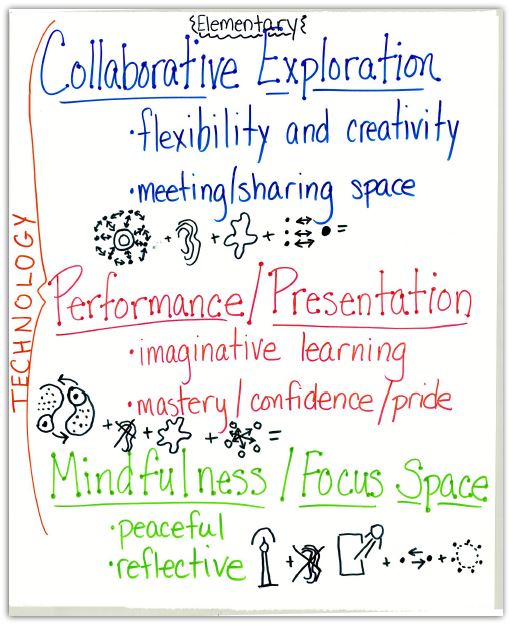
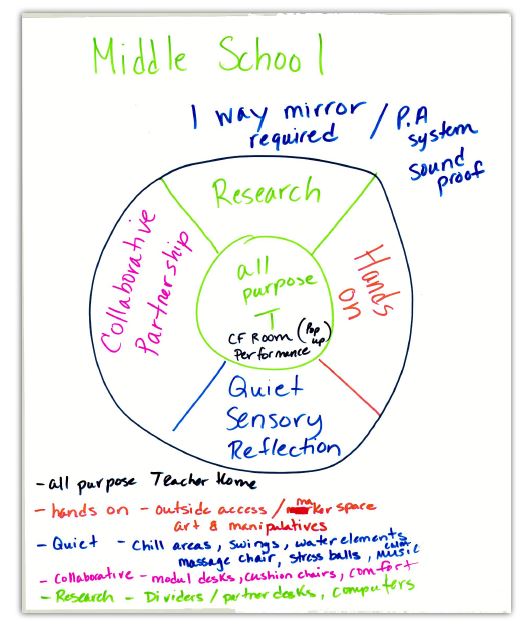
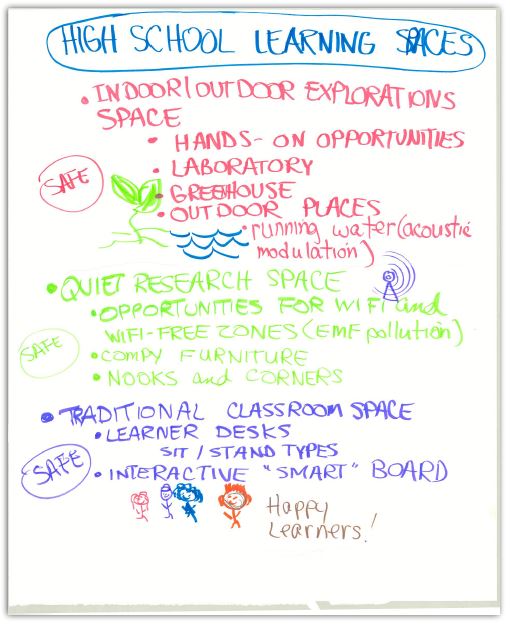


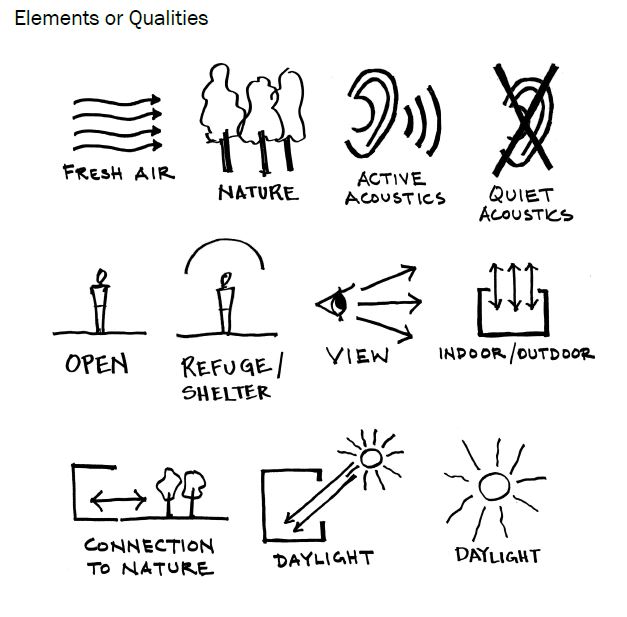
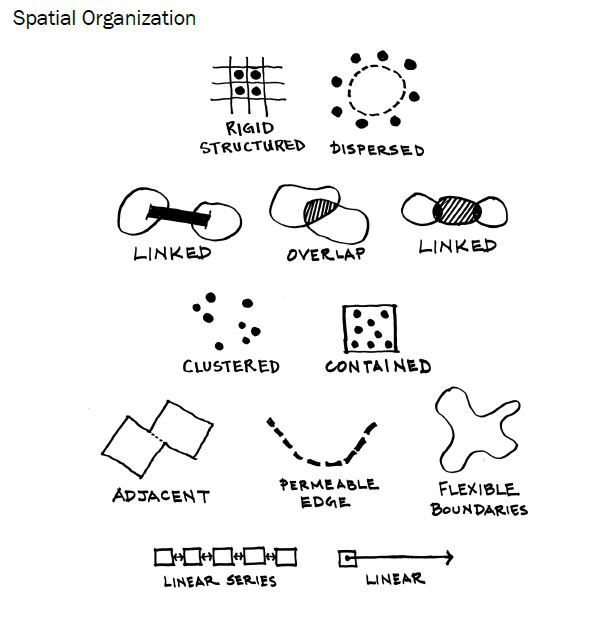

 “In short, my fellowship was amazing!” said Kristin. “As a student, then practicing as the facilitator, I learned how to mix in drum circle facilitation with affirmations, rhythm games, and activities to increase students’ focus, listening, self-awareness, and self-expression. The goal behind all of this is to incorporate counseling techniques into drum circles and help students who have experienced trauma.”
“In short, my fellowship was amazing!” said Kristin. “As a student, then practicing as the facilitator, I learned how to mix in drum circle facilitation with affirmations, rhythm games, and activities to increase students’ focus, listening, self-awareness, and self-expression. The goal behind all of this is to incorporate counseling techniques into drum circles and help students who have experienced trauma.”
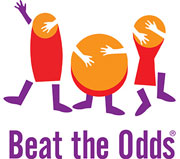


 Kristin has taught music for 11 years in Lousiana, Texas, and now Indiana. She was the 2019 Teacher of the Year, and was a Top 10 Finalist for the Indianapolis Public Schools District Teacher of the Year. Kristin has completed her Level 1
Kristin has taught music for 11 years in Lousiana, Texas, and now Indiana. She was the 2019 Teacher of the Year, and was a Top 10 Finalist for the Indianapolis Public Schools District Teacher of the Year. Kristin has completed her Level 1 
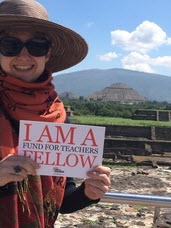 classes 30 hours per week, toured local schools and important cultural sites, met local teachers and constantly interacted with people in Spanish.
classes 30 hours per week, toured local schools and important cultural sites, met local teachers and constantly interacted with people in Spanish. Lana is a speech-language pathologist for the
Lana is a speech-language pathologist for the 

